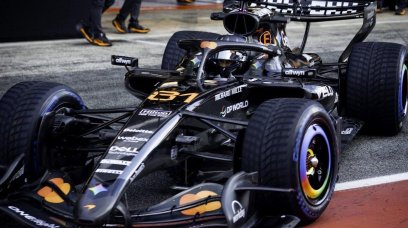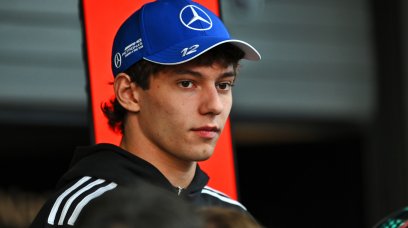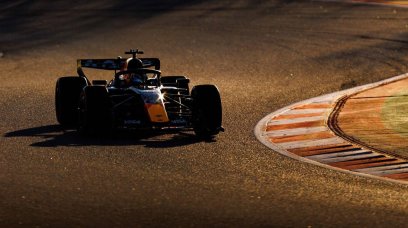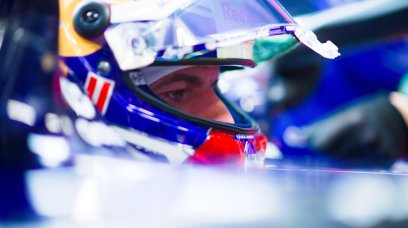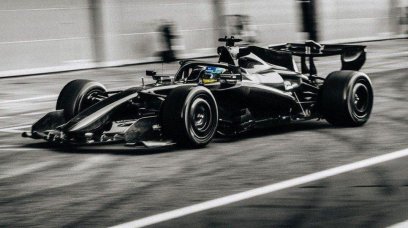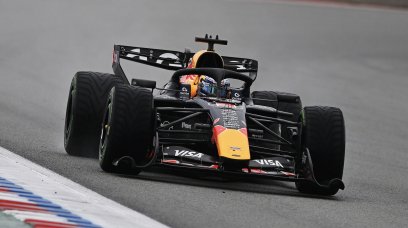McLaren boss Andrea Stella has explained why Mercedes' zero sidepod Formula 1 concept was always likely to fail. During pre-season testing in 2022, Mercedes unveiled the W13 with minimal sidepods, as opposed to the chunky version deployed elsewhere on the grid. Even after other teams abandoned the idea, the Silver Arrows stuck with the philosophy, even bringing it to the 2023 car before quickly abandoning it, with a more conventional-looking W14 breaking cover at the Monaco Grand Prix. Teams are gravitating towards the Red Bull wide style of sidepod, where the air is pushed down towards the floor and diffuser, with Stella explaining why this 'downwash' is so crucial.
Stella explains Mercedes struggle
"I wouldn't simply say downwash, I would say wide sidepods is actually the primary concept that seems to interact very well with the floor," Stella told media, including RacingNews365.com , when asked why downwash was so important. "The sidepods, in simple terms, they act a bit like miniskirts, so aerodynamically, having the wide sidepods helps the suction [of air] to the floor. "That is the concept you can't do without if you want to maximise the suction of the floor and for the load on the car. "It's very clear that everyone is converging in that direction, and we are also moving development in that direction and hopefully, we will see results soon."
Aero is more important than ever
Stella also explained just how important aerodynamics are in modern Grand Prix racing, with even former mechanical areas of the car now being used for aero purposes. "Nowadays, the mechanical elements like suspension layout, they are fundamentally aerodynamic enablers," he added. "It's very difficult to create a performance advantage because you have a better suspension that works the tyres better. "Aerodynamics is much more important than these mechanical elements, so when [I spoke about] yaw sensitivity, it's not because of the underlying layout [of the car]. "It's more about the fundamental design of front wing, around the front tyres, the design of the floor, so it is the usual culprits from an aerodynamic point of view, rather than layout of suspension."
Most read
